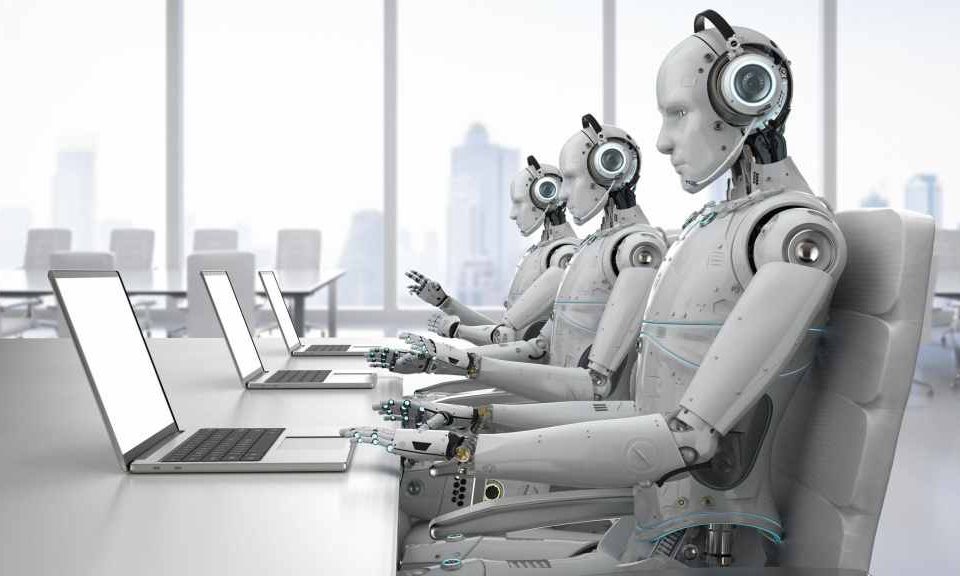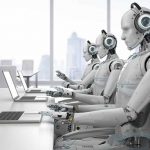Indian coders and programmers will lose their jobs in 2 years due to AI, Stability AI CEO says

India is currently home to more than 5 million software programmers, making it one of the largest hubs for the most in-demand workers worldwide. However, these programmers are also under threat from the impacts of advanced AI tools like ChatGPT, according to a report from Bloomberg.
But it’s not just Bloomberg expressing the concerns. Emad Mostaque, the CEO of Stability AI, echoed similar sentiments in a recent interview with UBS analysts. According to Mostaque, the majority of outsourced programmers in India face the threat of job displacement and will see their jobs wiped out within the next year or two.
Mostaque said that a substantial number of India’s outsourced coders will lose their jobs as the effects of rapid advancements in AI technology have made it possible to develop software with significantly fewer individuals involved. In a call with analysts at the Swiss investment bank last week, Mostaque said:
“I think that it affects different types of jobs in different ways. If you’re doing a job in front of a computer, and no one ever sees you, then it’s massively impactful, because these models are like really talented grads,”
According to Mostaque, the impact of AI on job loss will not be uniform across all regions and not every country will be affected in the same way. This discrepancy can be attributed to variations in regulations and labor laws worldwide. Countries such as France, with stronger labor protections, are expected to experience less pronounced effects compared to others.
However, in India, Mostaque noted that “outsourced coders up to level three programmers will be gone in the next year or two, whereas in France, you’ll never fire a developer.” He added, “So it affects different models in different countries in different ways in different sectors.”
Meanwhile, Tata Consultancy Services (TCS), India’s country’s largest outsourcing provider and multinational IT services and consulting firm, has bet big on generative AI. The firm has committed to training more than 25,000 engineers on the technology to “help clients accelerate their adoption of this powerful new technology.”
During an interview with CNBC on Thursday, N. Ganapathy Subramaniam, the CEO of TCS, shared insights into the company’s strategic shift towards a “machine-first” approach in project delivery around four years ago. Subramaniam also stressed that this shift highlighted the significant influence of AI on their operational methods and overall business practices, suggesting that AI is poised to create a tremendous impact. Subramaniam added that Generative AI “has just advanced it by a few years.”
Mostaque reiterated his previous assertion that within the next five years, there will be a significant transformation in the field of programming. However, he clarified that his statement specifically refers to the traditional concept of coders.
“Why would you have to write code where the computer can write code better? When you deconstruct the programming thing from bug testing to unit testing to ideation, an AI can do that, just better,” Mostaque said.
“But it won’t be doing it automatically, it will be AI ‘co-pilots,’” Mostaque said. “That means less people are needed for classical programming, but then are they needed for other things? This is the question and this is the balance that we have to understand, because different areas are also affected differently.”
Concerns about potential job losses have risen ever since the launch of ChatGPT in November 2022. ChatGPT is a large language model (LLM) developed by OpenAI. It can generate text, translate languages, write different kinds of creative content, and answer your questions in an informative way. While it is still under development, it is already capable of performing many of the tasks that software programmers do.
As AI tools like ChatGPT become more sophisticated, they are likely to automate more and more of the tasks that software programmers currently perform. This could lead to job losses in the software industry, particularly in India, where the cost of labor is low.
In addition to job losses, the rise of AI could also lead to a decline in the quality of software. This is because AI tools are not as creative or innovative as human programmers. They are also more likely to make mistakes.
Meanwhile, the impact of AI on the software industry is still uncertain. However, it is clear that India’s software programmers are among the most vulnerable workers to the impacts of this technology.

